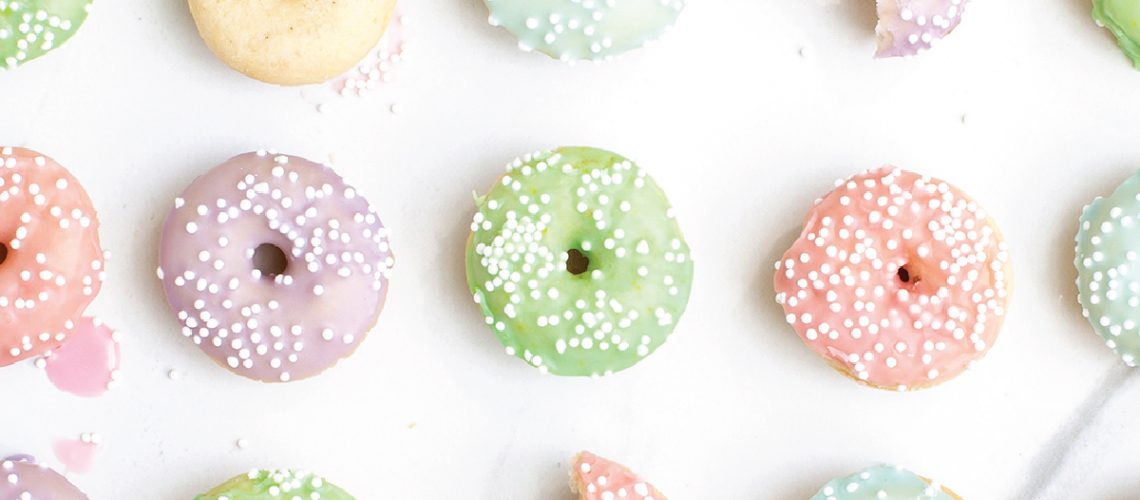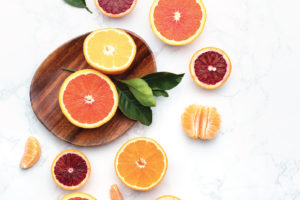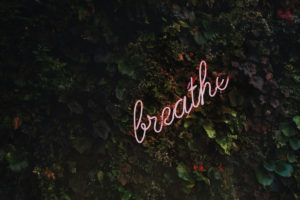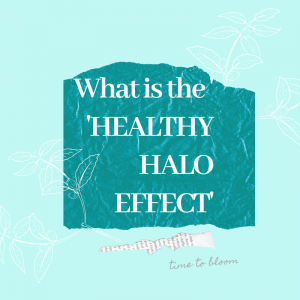As diet culture has been canceled / isn’t a trendy topic, you’d think diets and diets in disguise would be ready to stand down, including fake food freedom.
But nope.
That’s the thing with diet culture — it refuses to die.
(Side note: if it wasn’t so maddening and damaging to people, it would be a great study in resilience.)
While the diets themselves are not changing, one part of them is — their marketing. Meaning, the methodologies remain the same but the way they attempt to pull you in is changing. They’re honing in on hot words like FOOD FREEDOM and butchering its true meaning (which makes me want to set things on fire, tbh). Basically, same plan/rules/BS, wrapped up in new anti-diet packaging.
Diets are clinging to the “food freedom” word for dear life. They go so far as to say that their plan isn’t a diet (even though the sole purpose is weight loss), because on “THIS PLAN” — you can eat a, b, c, and d.
Lemme be clear on my position:
I believe we can make positive dietary and lifestyle changes and not engage with or subscribe to a specific diet.
We can eat more nutritious foods or adopt healthier habits and not necessarily be trapped in “wellness culture”.
But the second we stop listening to our bodies — which is what the diets have us do immediately — we’re right back in the diet waters, living in fear and hyper focused on what we can eat/how we look.
The use of the word “food freedom” fused to yes-this-is-definitely-a-diet diets really scares me because there was a time I thought I truly found liberation around food, when in fact, I was living in fear under the prey of a diet.
My effortless and playful relationship to food died right before I went to college.
My attempts to restrict food to change my body became my focus.
Eventually I found veganism and felt “free” — I could eat large volumes of food, as much as I wanted — and my digestion was better than ever and I felt amazing.
Being a college student, this shift was pretty easy. I had just moved into an apartment with my own kitchen — I rarely ate at restaurants, and didn’t have access to all the foods back at home. Plus, I had no one to question me or comment on my food choices.
I was eating so much more than before that I didn’t feel deprived, so I thought this was the answer: freedom, a freedom everyone should have if they would only go vegan.
But as time went by, I started to notice how veganism the way I was (and why I was doing it that that time) wasn’t true freedom. It had just made the choice of what to eat easier — but still, wasn’t consulting with the person who was eating (i.e. myself).
Prior to this, every time I felt early signs of hunger I had begun to negotiate with myself.
I want a sandwich, but I should probably get a salad instead… if I get a salad, should I get cheese? Avocado? Turkey? Dressing?
SO MANY CHOICES. WITH NO ABILITY TO TRUST MYSELF AND DROWNING IN MY OWN INNER NOISE — VEGANISM MADE IT EASY. It pared down the choices, but it didn’t ever actually consult with me.
No matter where I was, the choices and decisions were easier.
Does that have butter? I can’t have that.
Eggs? Nope. Pass.
Fish stock? Nah, I’m vegan.
Veganism, for me at that time, wasn’t me trusting myself and finding true food freedom — it was a cover for my lack of trust in myself, and one that caused me to develop fear foods.
Being on the other side now, I know the truth about food freedom, and what makes it really easy to see when others don’t.
Food freedom isn’t about the food
Sure, it’s presented that way on Instagram, and early on in the journey it’s exciting to be eating these foods previously sworn off while giving zero f*cks — but the truth is…
It’s not about the food!
Food freedom is the gift of your life back, learning to trust yourself, and recognizing that your greatest purpose in life is not body manipulation or food control.
The deeper into food freedom you get, them more you take it for granted, missing huge moments because choosing what and how much to eat has gotten effortless for you that you don’t even notice it.
You’ve shifted your priorities into big things and you’re no longer living small.
I’ve come up with 7 ways to help you recognize a this-is-definititely-a-diet-pretending-it’s-not-a-diet diet, even if it’s using anti-diet language.
1) It uses a “one-size-fits-all” approach.
If there’s a diet out there telling you that one food, or one way to eat, works for everyone (generally using themselves as evidence for how this works) they’re robbing you of the truth and your bio individuality. No food freedom found there.
2) It perpetuates hatred of fat — subtly, or obviously.
Hatred of fat is a society construct, and the best way to decipher if it’s a diet is to take a look at their language and see if there are perhaps obvious signs, or whispers of the fact that they don’t understand the truth: that the problem is not our bodies, but rather our society and cultural norms. No food freedom found there.
3) They sell you on body positivity — and the idea that you should love your body every day (and you will once you try out life their way!)
Body positivity isn’t actually loving your body every day, but it is accepting your body every day and finding – strike that, CHOOSING compassion and care over punishment and anger. No food freedom found there.
4) If they use “science” to back up their views.
Don’t fall for the “science” behind these diets and diets in disguise. Many of them manipulate the study outcomes they show you or use selective low quality studies to prove their point. Lots of them rely on OLD science too (e.g. fat makes you fat). Unless you know how to read nutrition research and actively stay up to date, realize that “science” is the oldest trick in the book. No food freedom found there.
5) It tries to sell you its products — a lot of diets come with miracle products to support you in making the journey easier.
Use caution here — many of these products are processed and untested by the FDA for safety. No purchased product should be life-changing. All the tools to listen to your body are found within. Any miracle food should make you flex caution and sending you running in the other direction. No food freedom found there.
6) When they say “You can eat this and that on this plan” as proof that you can have food freedom. It becomes clear that the diet (or diet creators) do not truly understand food freedom.
True food freedom is recognizing that the world may hold a moral view to a food being “good” or “bad” but you do not. You’re not able to eat the food because it’s “allowed” on the plan, you eat it because you simply want to. No food freedom found there.
7) There’s rules.
Food freedom is not portioning out the “allowed” food, having it on special occasion or designated days of the week. Sure you can be mindful about when you have it and consult with yourself and what will make you feel best, but making these rules continue to put a food on a pedestal which distances you from being able to hear the feedback your body sends. No food freedom found there.
Finding food freedom is getting trickier with this sly marketing. What these diets talk about, to some degree, is food flexibility but still in a very controlled contrived manner.
Food freedom — the real kind — isn’t about the food. It’s about giving your body what it craves and asks for. Giving it variety, experiencing freedom and pleasure.
WHEN WE ACHIEVE FOOD FREEDOM, OUR ENERGY AND MINDS ARE SET TO DO BIGGER THINGS, LIKE ACHIEVE OUR GOALS THAT HAVE NOTHING TO DO WITH OUR PANT SIZE. WE LIVE OUT OUR VALUES, LIKE CHOOSING OUR BEHAVIORS THAT ALIGN WITH WHO WE ARE, NOT WHAT WE WERE ONCE SCARED OF.
Finding peace with food and body means learning how to really take care of ourselves without a set of rules of what to eat/when to eat/how much to eat. It’s hard stuff — it involves a lot of messing up and trial and error.
But this journey… it’s fulfilling, freeing, and worthwhile. It may feel isolating at times, but each step of the way is getting you closer to the REAL goal: you becoming your best friend and ally.
You got this!




